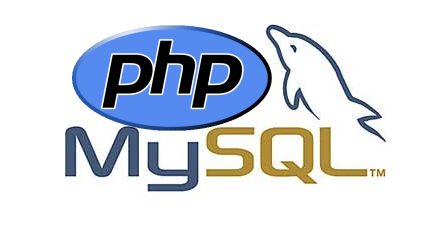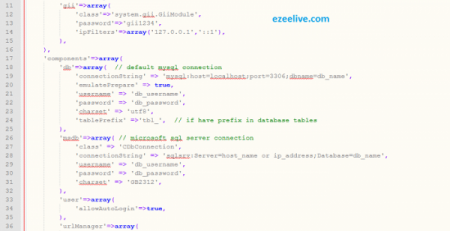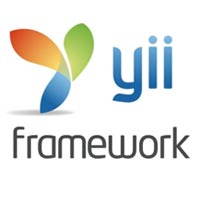MongoDB : Why use MongoDB NoSQL Database – Pros and Cons
RDBMS or MongoDB, What is the best option is the question of the hour. If you are from the SQL background and in need of knowing closer information and details pertaining to MongoDB then here we are to present you with some quality info here. Yes, the pros and cons of the major kind are exposed. Use it to your best potential.
MongoDB NoSQL Database Pros :
- MongoDB Database is absolutely schema-less. It is one major advantage for the users that are doing installations like Security camera features in multiple numbers inessential. Also, when you have a flexible schema just like how it is in the case of MongoDB, then you can find it to be one of the rated best options meant for the Document Stores too. RDBMS can be of futile choice compared to the MongoDB here. Moreover, you have the ease to scale out in case of MongoDB NoSQL Database.
- It is possible to use the replica sets here and identify the scale reading easily. Auto-balancing features are best used to assess the scale reads or by using the option of sharing. You can keep on be firing up new machines as there are least supervision or monitoring services needed in this case of deploying a MongoDB.
- All you need to do is to add on more machines and add on more RAM as well to increase the overall efficiency of the set up as such. Expansion plans are so flexible and easily achieved when you are relying on something like MongoDB. It is not the same case compared to the peers in the business as such. You can add on to the distributions easily to the working set up when you are using the MongoDB.
- It is possible to use the MongoDB for free of expenditure as you are to run it in Linux, in fact, it is ideal to be run on anything cheaper than that as a kit too. Based on the data value that you choose to select you can decide upon the consistency as you will have to mark it up. Hence, the best fastest performance can be easily achieved in that way when you resort to MongoDB.
Some of the cons related to MongoDB are listed below as well:
- Each and every other document in case of MongoDB is stored with field names and hence the data sizes could be significantly higher over a period of time when you see the accumulation.
- When you are doing something like querying process, then there is no range of possibilities of any flexibility in the approach as such when you compare with the premium best options of the other kind. There is no rigid support offered for the transactions in case of MongoDB.
- Single document level support can be something limited for some type of atomic operations alone. Speed is not so fast or up to the expectations of many when it comes to data analysis or doing some kind of aggregations as such when you are resorting to MongoDB NoSQL Database.









Leave a Reply